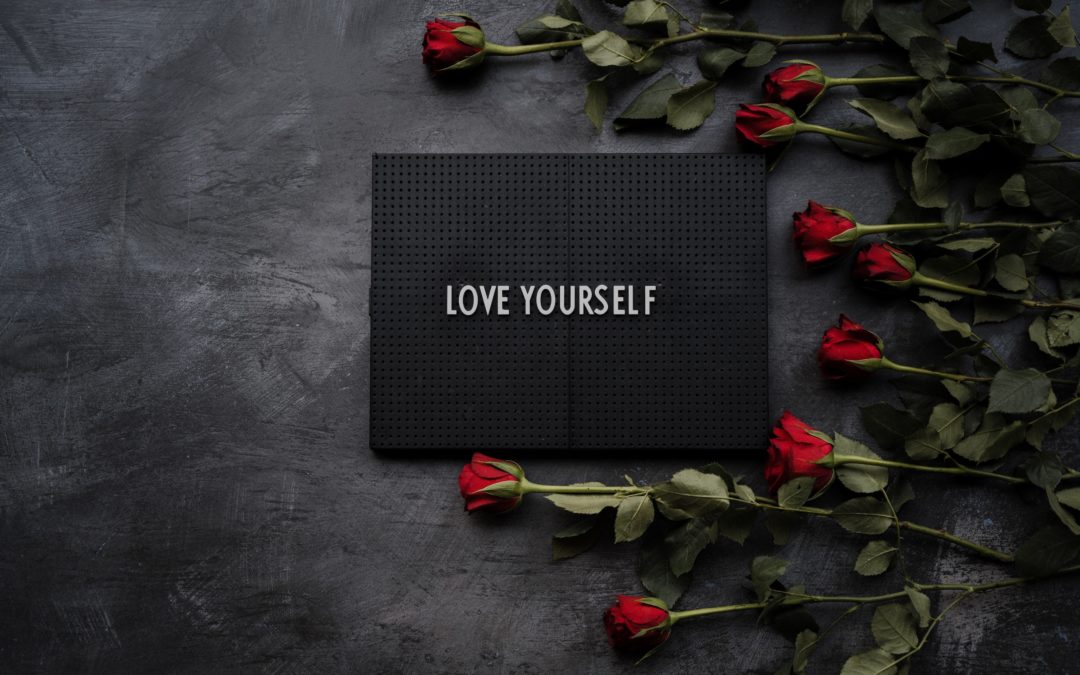Article appeared in EU Together Magazine December 2012 (All rights reserved)
Ruth Friedman is an ICF Accredited Coach and a Certified Transformational Coach. She coaches high-level and high potential executives to develop their leadership presence and to build resilience. Her professional background is in Corporate IT, Project Management and Training as well as in Coaching.
Full Profile – Book a Free Chemistry Session
Ever had one of those days where nothing seems to go right? You stub your toe as you get out of bed, the hot water in your shower doesn’t work, you miss your bus to work, and are subsequently late for a very important meeting….. and it’s downhill from there on. Just follow the tips on your favorite self-help website to avoid such situations and you’re all set, right?
Whilst the common tips to plan ahead and be relaxed are important – how do you handle things when everything goes belly up and your best made plans are once again in tatters??
This is where self-compassion comes in. Self-compassion doesn’t try to change anything, but it aims to support you through difficult times, simply because they are difficult. As if by magic, taking care of yourself in this way, leads to positive change all by itself…
Difficult things happen to all of us, and sometimes we can be unnecessarily hard on ourselves.
Self-compassion says ‘Hey, don’t be so hard on yourself, be kind to yourself instead, simply because you are suffering’.
The first step with self-compassion is to notice that you are in some kind of pain or suffering.
When you fall over or cut yourself, your nervous system lets you know pretty fast that you are experiencing pain. However, with emotional or psychological pain it sometimes takes a bit of awareness to realize what is happening. With physical pain, we know what to do – to reach for a band-aid, a doctor or the hospital emergency room depending on the severity of the situation. Self-compassion helps us take equivalent steps with all kinds of pain, be it physical, emotional or psychological.
Once you realize you are in pain or suffering, what then? The next step in self-compassion is to realize that you are not alone. You are a human being, and amongst the 7 billion human beings on this planet there is someone, somewhere, who has been through a similar experience and who knows what you feel like. With self-compassion, there is no longer any need to feel isolated, because you are not alone. You will recognize that there is nothing wrong, and there is nothing wrong with you. This realization can come as something of a relief to people who habitually isolate themselves when faced with challenging situations.
Finally, now that you know you are suffering and that you are not alone, self-compassion says ‘Be kind to yourself’. We usually know how to be kind to other people, especially towards people that we care about – but what does it mean to be kind to yourself? Self-kindness means different things to different people. Whatever it looks like, it means listening to yourself and taking good care of yourself – it might mean having a nap, giving yourself a treat, or simply changing what you say to yourself.
It might sound weird or uncomfortable to talk to yourself, but we all have tapes playing in our heads all the time, it’s just we don’t always notice them. Often the voices don’t belong to us – they might come from our childhood, or from society. Self-compassion helps make more space for the positive voices that do belong to us and that support us whatever we do.
The beautiful thing about self-compassion is that once we start taking care of ourselves, we are better resourced, so we can respond better and more effectively to handle the stressful situation we find ourselves in. People ask me ‘Isn’t it self-indulgent, or selfish to look after yourself?’ Being selfish is about putting your own needs above other people’s – but self-compassion is about putting your own needs alongside and equal to others’ because we are all part of one common humanity. It doesn’t mean not fulfilling your responsibilities, it means including yourself so that you are better resourced to meet them.
I discovered self-compassion by accident about 18 months ago, and as someone who had rather a lot of self-critical voices, it’s made an enormous difference to my life. I decided to share these benefits and am since running my own workshops on the topic.
In the workshops we go deeply into the concepts, and use experiential exercises to integrate the learning. We also look at what stops us so that we can overcome obstacles, and there is space for participants to reflect on and share their experiences. Participants have shared very positive feedback with me. One person told me “It transformed how I felt about a challenging friendship” and another said “It really helped me be less self-critical”.
With simple exercises and our own awareness, self-compassion gives us the key to more happiness in our lives, and the transformation happens all by itself. That’s a great gift to give yourself.
Finally, if you ever are stuck for finding a gift for your nearest and dearest, how about a gift voucher to one of my self-compassion workshops!
Note: The article is based on the work of self-compassion researcher Kristin Neff
Photo by Annie Spratt on Unsplash
